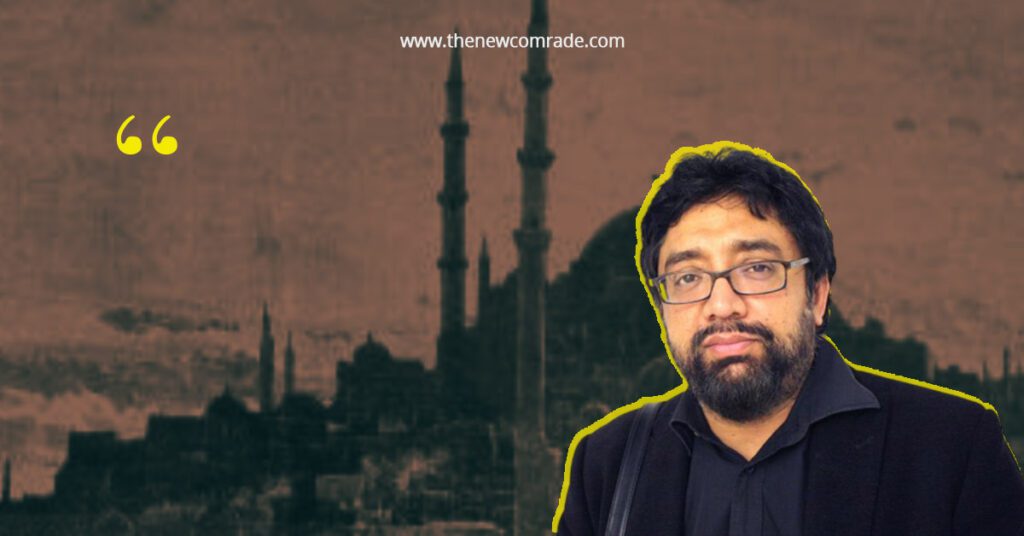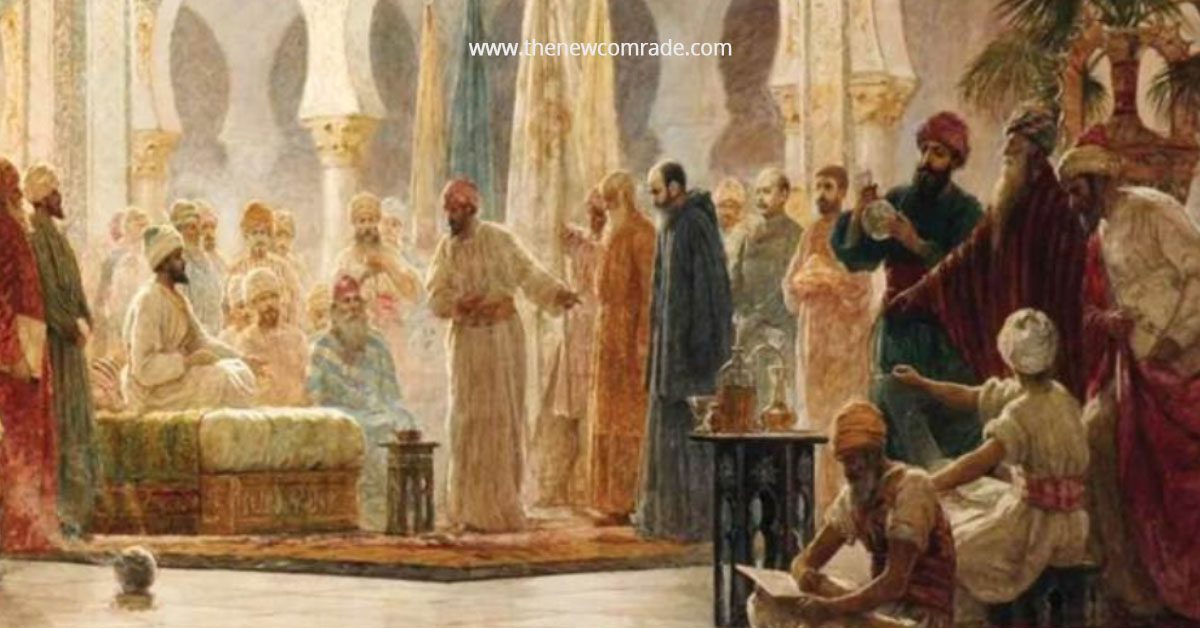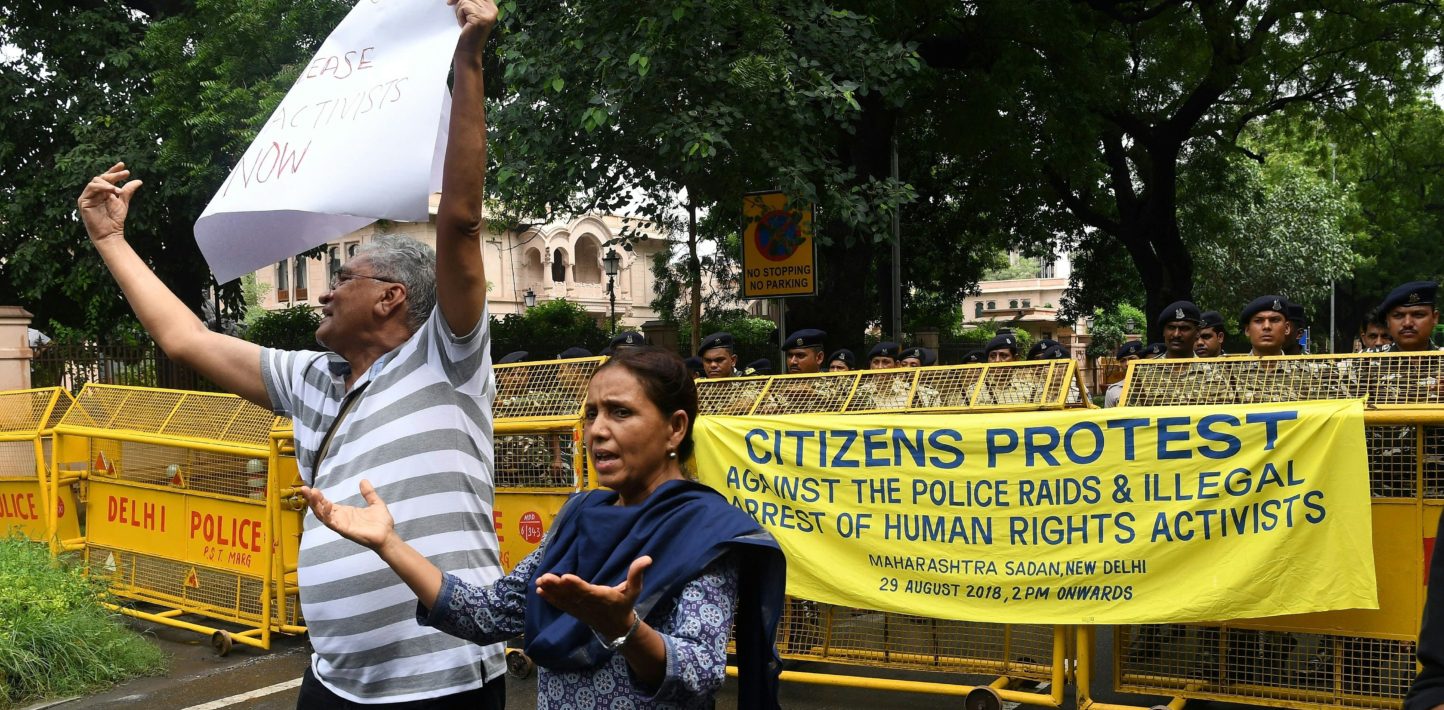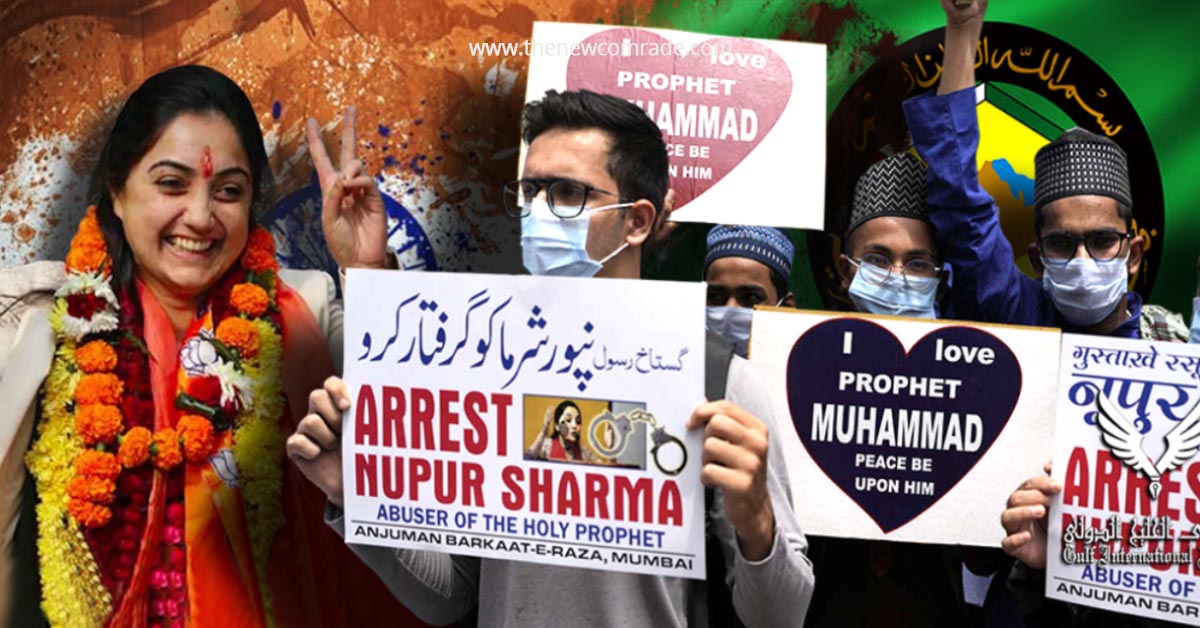Salman Sayyid is the Professor of Rhetoric and Decolonial thought at University of Leeds. He is also the founding editor of ReOrient: The Journal of Critical Muslim studies. His notable work, “Recalling the Caliphate” (2014), stands as a paramount theoretical contribution to Modern Islamic political thought in recent decades. The following excerpt presents an interview with Professor Salman, commemorating the centenary of the fall of the Caliphate.
As we approach the 100th anniversary of the fall of the caliphate, I would like to know your opinion on its significance to Muslims. Is it merely a symbolic loss, or does it carry deeper implications?
The hundred years since its abolition do provide us with an opportunity to reflect on the consequences of the caliphate, not only as a historical entity but also as a political theory and philosophical category, as it marked the beginning of a new type of political thinking within the Muslim ummah. Formerly, the focus was on the qualities of a good ruler within the institution of the caliphate. Despite varying opinions on ruler qualifications, the institution itself remained intact, allowing for both positive and negative leadership.
However, with its abolition, new questions arose regarding the relationship between Muslims and the state. Is such a relationship necessary? These questions have been explored over the past century, in the context of major assaults to Muslim identity, as in the 1917 Communist revolutions, the era of colonialism and in the post-colonial ‘Kemalist’ tendencies to suppress and marginalize expressions of Muslimness. The hundred years since the caliphate’s abolition has provided an opportunity to reflect upon these critical questions. It is crucial to delve beyond a simplistic narrative of decline and instead adopt a nuanced approach, understanding the historical complexities and consider the implications of the caliphate’s absence for the present Muslim condition and the possibilities or limitations it presents.
What sets the Islamic world or the Islamic metropolis apart from other nations that have successfully surpassed the age of great empires and developed thriving nation-states, while Muslims have struggled to achieve similar progress?
It is crucial that we critically examine the historiography of the nation-state which would reveal the violent and forced nature of nation-building processes . Contrary to the notion of an organic desire for freedom leading to the creation of nation-states, the reality is that the state builds nations. Europe, while being a nation-state within its borders, functioned as an empire outside of Europe, ruling over populations without political rights. Their state building pursuits were driven by contingent relationships between various authorities, including the Christian Church and was intertwined with racial logics, since its inception.
The nation-state, with its racialized nature, sought to homogenize heterogeneous populations, through significant acts of violence to try and create nations rather than communities of engagement, participation and settlement. This is the history of colonialism and the postcolonial state which perpetuated in every part of the world the imposition of idealized national identities, denying the existence of long standing diverse communities and their ways of living. Achieving such homogeneity in countries like Iraq, Turkey, or Indonesia requires a level of violence that even pre-colonial Muslim rulers were reluctant to employ.
The process of religious ethnic and national homogeneity did take place at the hands of Mustafa Kemal Ataturk in Turkey. Do you think that Kemalism is the archetype of modernisation in other places as well?
After the Balkan wars, Muslim population of almost epidemic proportions were expelled. Then there was the Kemalist attempt to reclassify all population of Anatolia as Turkish, as part of a project of building a homogenized state through acts of violence which we remember.
The significance of the Ottoman Empire lies in its status as the most powerful and independent Muslim political structure of its time. Therefore if Kemalist attempts could work in Ottoman empire then it becomes a model in Iran and Afghanistan. A linking of modernization with westernization is also visible in Afghanistan. However, it is significant to understand that the process of westernization historically involved the expulsion of Islamic values and a reduction of Muslim identity in order to present oneself as modern and Western, which would then supposedly deliver modernity and prosperity.
Why is there a need to revive the concept of the Caliphate, by reformulating it with a new political imaginary? This idea has been under immense pressure to the extend that it has become a prohibited concept which even the mainstream Islamists have abandoned.
The mainstream Islamicists have continuously made concessions to hegemonic forms of liberalism, resulting in a loss of critical energy and a lack of transformative projects. The problem lies in the fact that when we ask about the potential alternative or the difference an Islamicist dispensation could make, these Islamicists find it difficult to offer clear answers. Their concession to liberal nationalism has rendered them unable to differentiate their ideas from the status quo. This situation stifles the possibility of meaningful debate, exchange, and the exploration of different paths.
Liberalism within the Islamic order would always be subordinate or peripheral, determined by the hegemonic center. One example is the notion of democracy, where any outcome that does not align with Western expectations is attacked or dismissed. It is challenging to imagine a government that is both democratic and anti-Western within this hegemonic framework, demonstrated by the Western definitions of democracy.
Do you think that maybe the Islamists imagine a Turkish or Malaysian model; a modern democratic state based on Islamic values?
Concessions to liberal nationalism can lead to xenophobic nationalism. Muslimness, if understood in national terms rather than transnational terms, would pave the way to the nationalization of Islam and Muslim populations. This weakens the transnational consciousness and diminishes the collective concern for issues beyond one’s own country. This fragmentation undermines the potential for transnational solidarity among Muslims. Islam should be seen as a relational entity that transcends national boundaries, and attempts to disassociate Islam from its transnational dimension undermine the unity and richness of the Islamic faith. Islam provides one of the possibilities for thinking and acting transnationally, counteracting the closure within the confines of nationhood. Failing to recognize this can lead to a planet dominated by xenophobia, which is detrimental to humanity as a whole.
To read next part- Click here







